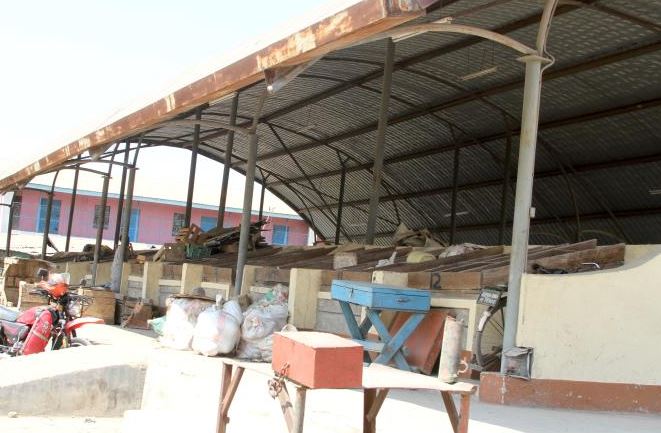×
The Standard e-Paper
Fearless, Trusted News

What will be Kenya’s economic growth rate this year? The Central Bank seems more optimistic than the Kenya Bureau of Standards (KEBS) but the difference is not that significant to bother us.
A neutral measure of Kenya’s economic performance would be the number of active WhatsApp harambees. The more they are, the poorer the economic performance. I am sure you are in such a harambee group as you read this.







